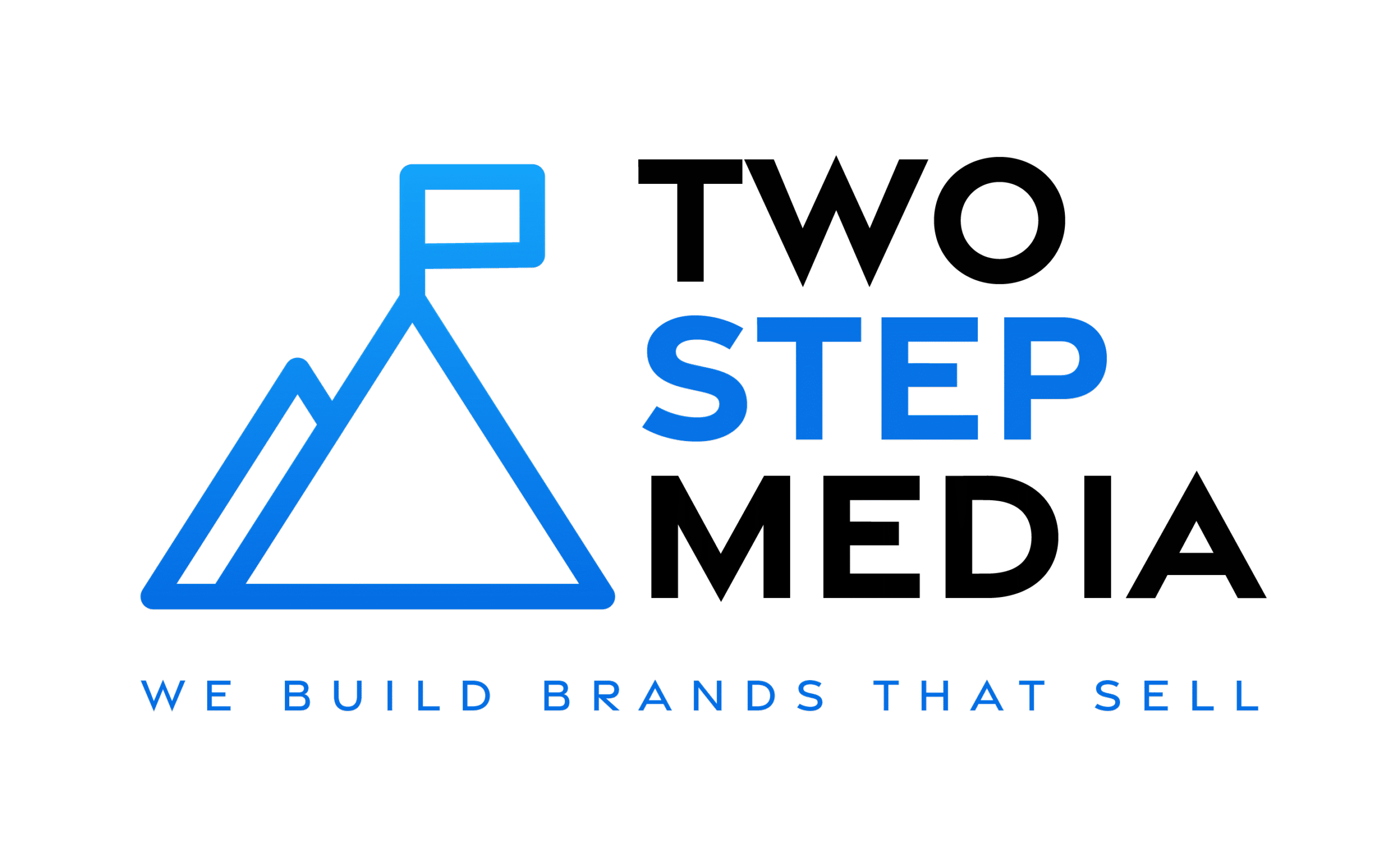In today’s digital age, businesses need to adapt to ever-evolving technologies and consumer behaviors to stay ahead of the competition. Digital marketing has emerged as a vital tool for reaching customers, building brand awareness, and driving sales. With the right strategies, companies of all sizes can leverage digital marketing to connect with their target audience and achieve remarkable growth.
What Is Digital Marketing?
Digital marketing encompasses all marketing efforts that use the internet or electronic devices. It includes a variety of tactics such as search engine optimization (SEO), content marketing, social media marketing, email marketing, pay-per-click (PPC) advertising, and more. These strategies help businesses engage with their customers through digital channels like search engines, social media platforms, websites, and email.
Key Components of Digital Marketing
1. Search Engine Optimization (SEO)
SEO involves optimizing a website to rank higher in search engine results pages (SERPs). By improving on-page and off-page factors, businesses can increase their visibility, attract organic traffic, and enhance user experience.
2. Content Marketing
Content is king in digital marketing. Creating valuable, informative, and engaging content—such as blog posts, videos, infographics, and podcasts—helps build trust with your audience and establish your brand as an industry leader.
3. Social Media Marketing
Social media platforms like Facebook, Instagram, LinkedIn, and TikTok offer unique opportunities for businesses to engage directly with their audience, run targeted ad campaigns, and foster brand loyalty.
4. Email Marketing
Email marketing remains one of the most effective ways to nurture customer relationships. Personalized and targeted email campaigns can drive conversions and keep your audience informed about your latest products and promotions.
5. Pay-Per-Click (PPC) Advertising
PPC advertising involves placing paid ads on search engines or social media platforms. Businesses only pay when a user clicks on their ad, making it a cost-effective way to drive targeted traffic to your website.
6. Analytics and Data Tracking
Understanding the effectiveness of your digital marketing efforts requires comprehensive data analysis. Tools like Google Analytics provide valuable insights into user behavior, campaign performance, and conversion rates.
Benefits of Digital Marketing
- Wider Audience Reach: Connect with customers across the globe.
- Cost-Effective: Lower costs compared to traditional marketing channels.
- Targeted Campaigns: Reach specific demographics based on location, interests, and online behavior.
- Measurable Results: Track performance and adjust strategies in real time.
- Enhanced Engagement: Foster meaningful relationships with your audience.
Trends in Digital Marketing
To stay competitive, businesses must stay updated on emerging trends:
- Artificial Intelligence (AI) and Machine Learning: Automate tasks and personalize user experiences.
- Voice Search Optimization: Optimize content for voice-based queries.
- Interactive Content: Use quizzes, polls, and videos to engage users.
- Influencer Marketing: Collaborate with influencers to reach new audiences.
Final Thoughts
Digital marketing is a dynamic and powerful tool for businesses to connect with their target audience and achieve their goals. By investing in the right strategies and staying informed about the latest trends, you can create meaningful customer experiences and drive long-term success.
Whether you’re a small startup or an established enterprise, embracing digital marketing will open up new opportunities and help you thrive in today’s competitive landscape.
